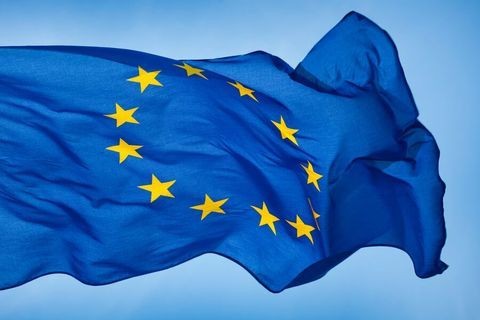Opening up Energy Markets in Europe
Client Alert | 3 min read | 01.10.07
Final Report on Sector Inquiry on Electricity and Gas and Strategic Energy Review Action Plan proposed by the Commission
Background
When Neelie Kroes (European Commissioner for Competition) took office in 2004, she announced that competition enforcement in the energy sector would be one of the key priorities for the new European Commission. Accordingly, in June 2005 she took the rather unusual step of initiating a formal Sector Inquiry into the European energy markets. The initial results were published in November 2005 and a preliminary report in February 2006 which was then subject to public consultation. Today the European Commission has published the final report.
Findings
The final report identifies several problem areas calling for further action. In the European Commission's view, the main issues of concern are:
- Market Concentration
Energy markets are too highly concentrated in the hands of former national monopolists. To protect their market positions and profits, incumbents engage in practices that make it harder for new entrants to enter and compete in the market.
- Vertical integration
Vertical integration results in a lack of liquidity that prevents new entry. In particular, where network and supply companies are integrated, there are too few incentives to invest in networks - a major obstacle to new entry and a threat to security of supply.
- Cross-border market integration
There is an absence of cross-border integration and cross-border competition. Markets and market players remain too national in their focus, and insufficient cross-border capacity and different market designs prevent newcomers from transporting energy throughout the European Union.
Remedies
In order to address these issues and to reduce entry barriers the European Commission will rigorously apply both competition and regulatory-based remedies. Immediate measures will include:
- Strong competition law enforcement
The Commission will forcefully pursue infringements of Community competition law. This also includes state aid control and even increased scrutiny in merger control proceedings which will use divestiture obligations or energy release programs to ensure that markets remain competitive. Moreover the possibility of imposing far reaching structural remedies has explicitly been mentioned.
- Aiming for full ownership unbundling
According to the Commission, economic evidence shows that full ownership unbundling is the most effective means in this regard, as an independent system operator approach would require more detailed and costly regulation.
- Regulatory improvement
As national regulators are not well suited to deal with the issue of cross-border energy supply, the Commission is looking for reinforced coordination among national energy regulators. In addition, the Commission calls for Community oversight to ensure internal market interests.
Further Action
Also today the Commission issued a communication to the European Council and the European Parliament calling for a coherent energy policy for Europe that actively pursues Europe 's interests. This communication introduces an action plan to combat climate change, limit the EU's external vulnerability to imported hydrocarbons, and promote jobs and growth, thereby providing secure and affordable energy to customers. Key elements of this action plan include:
- Commitment to further unbundling
- Effective regulation and establishment of a European regulatory body
- Harmonization of technical standards including coordinated network planning
- Reduce energy consumption and greenhouse gas emissions
- Promote low carbon technologies including renewable energy sources and clean coal technologies
It remains to be seen whether the European Commission's proposals will find their way through the legislative process. Nevertheless, these and other measures will be on the agenda of the European Council summit in March 2007. Although the quick emergence of new legislation remains to be seen, it is likely that national regulators and competition authorities as well as the European Commission will gain new impetus in their mission of opening up energy markets in Europe.
Insights
Client Alert | 9 min read | 02.12.26
On 9 January 2026, the European Commission published its Guidelines on the application of Regulation (EU) 2022/2560, also known as the Foreign Subsidies Regulation (FSR).
Client Alert | 3 min read | 02.12.26
Client Alert | 2 min read | 02.12.26
Utilities and Data Centers Confront Congressional Scrutiny Over Rising Electricity Prices


